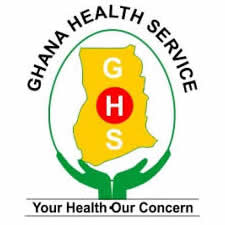About
The Ghana AIDS Commission is a supra-ministerial and multi-sectoral body established under the Chairmanship of H. E. the President of the Republic of Ghana by Act 2016, Act 938 of Parliament. The objective of the Commission is to formulate policy on the HIV and AIDS epidemic and...
find out moreOur partners
contact us
- Ghana AIDS Commission,
4th Floor, Ghana Olympic Committee Building,
- +233-(0)302-919259
+233-(0)302-919260 - info@ghanaids.gov.gh

